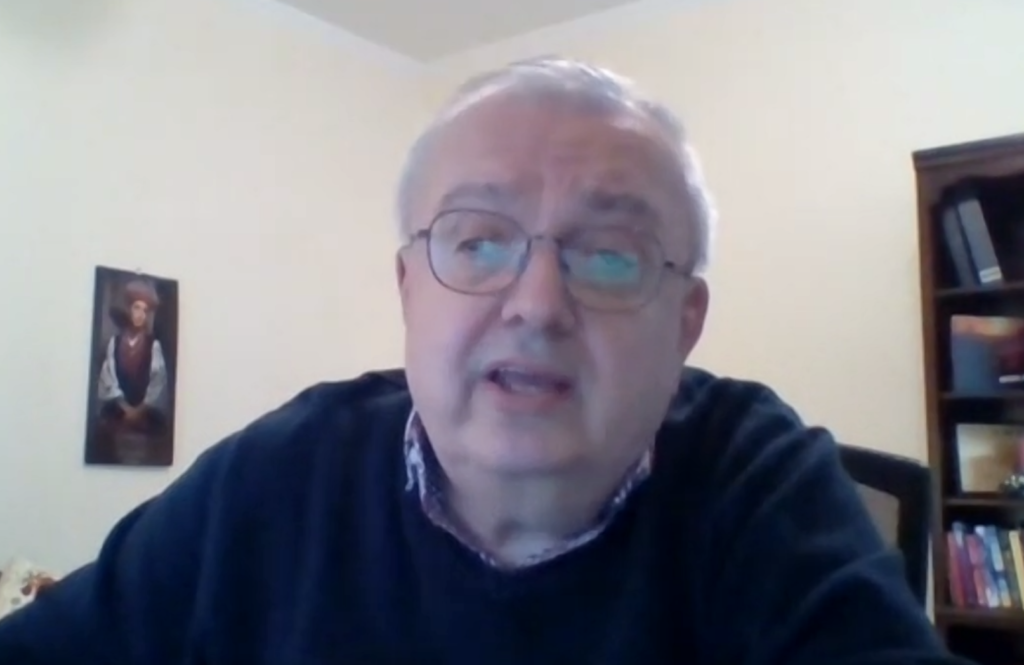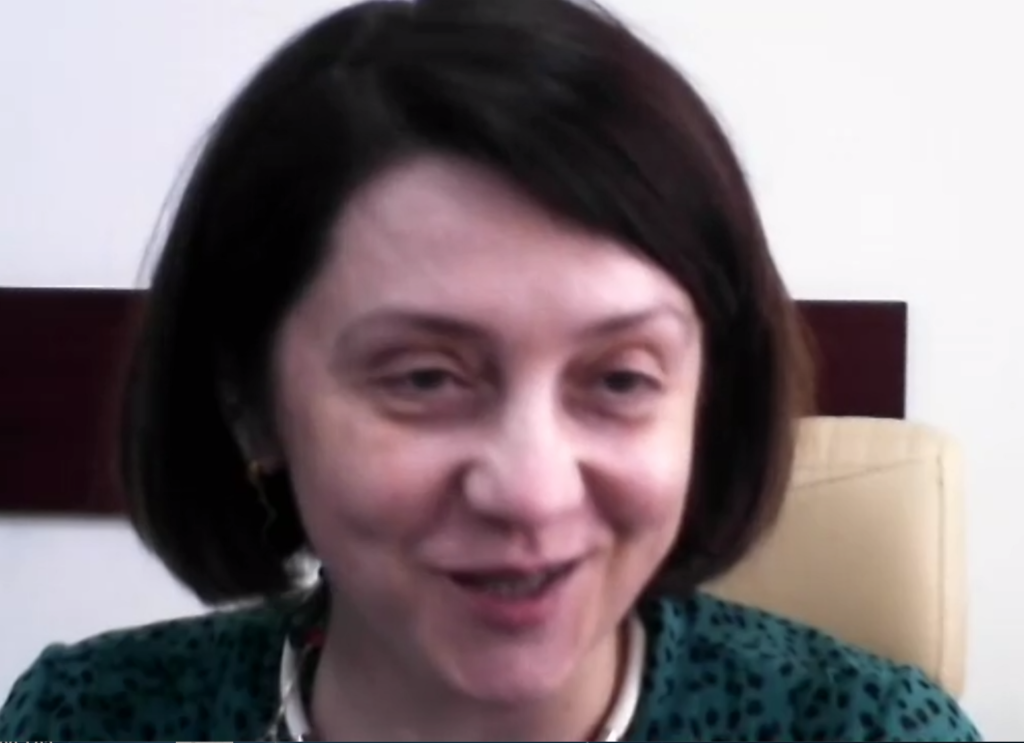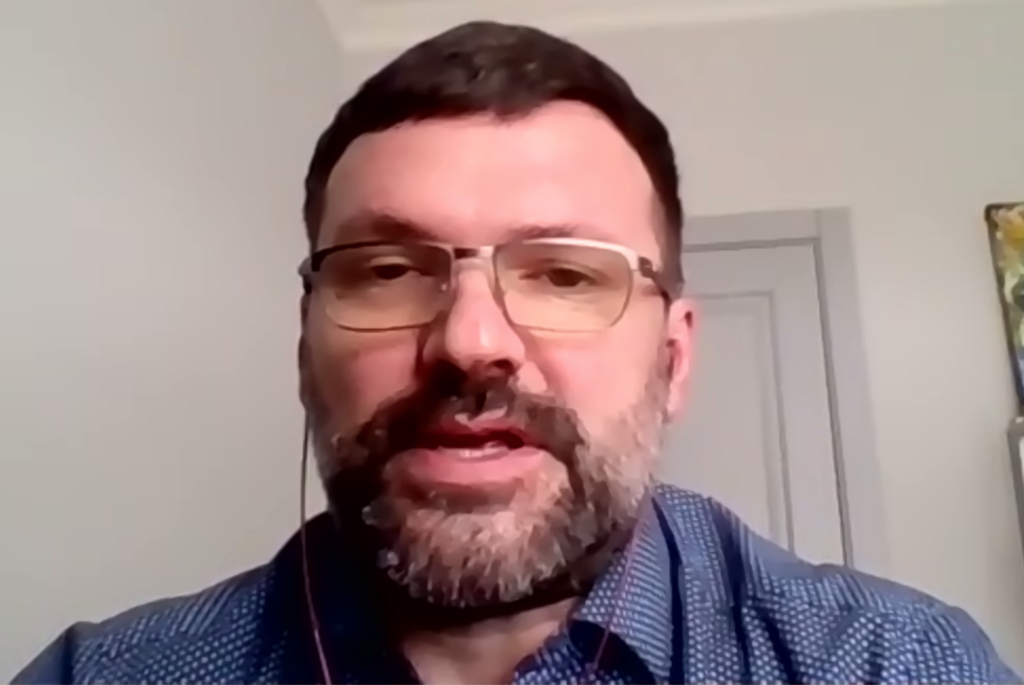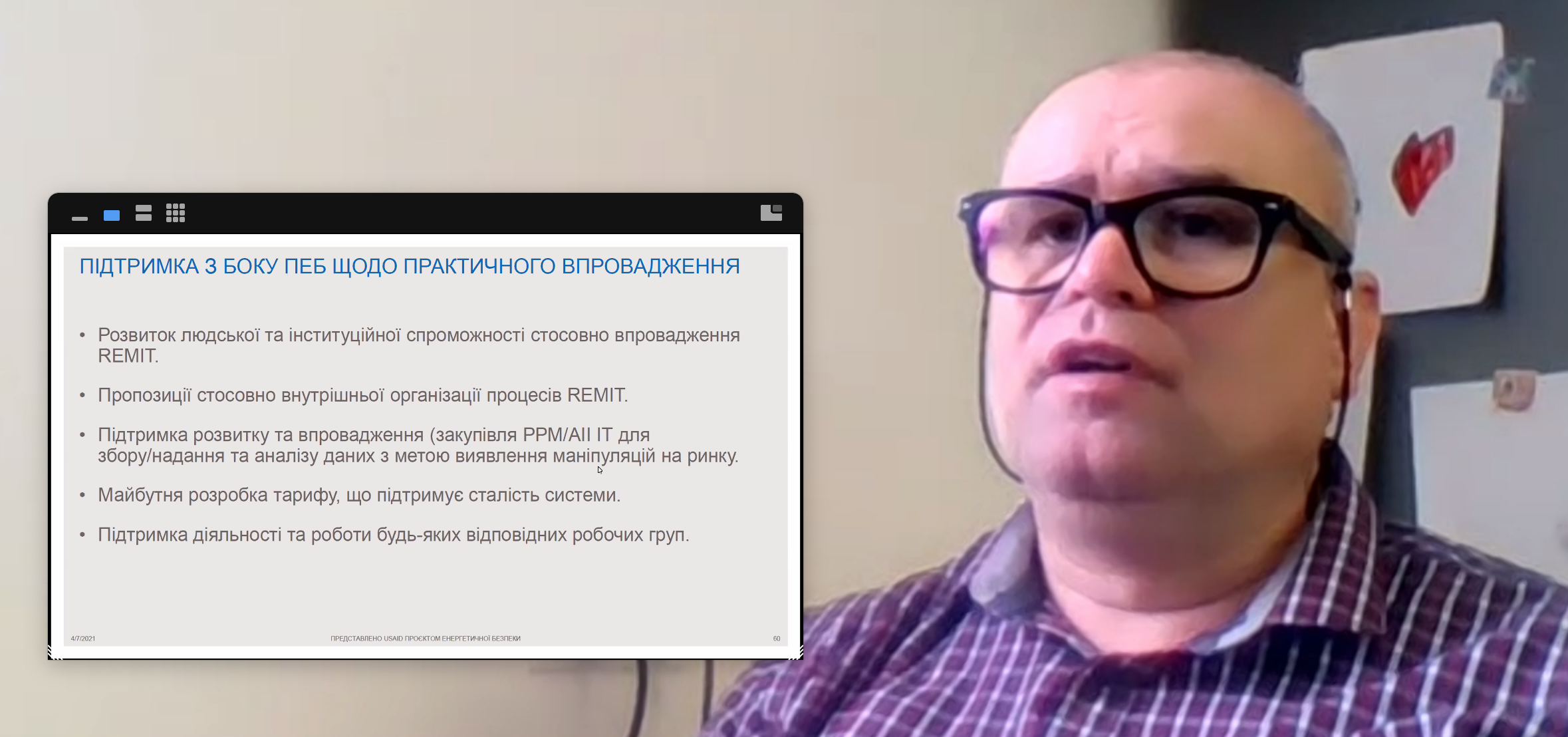The USAID Energy Security Project (ESP) and the National Energy and Utilities Regulatory Commission (NEURC) hosted a workshop on April 8 focused on the role of system operators in ensuring the integrity and transparency of the electricity and gas markets. During the seminar, experts and participants discussed the impact of effective energy market monitoring on improving transparency and integrity and presented the best practices of the Registered Reporting Mechanisms, with particular attention on the roles of electricity and gas transmission system and market operators.

Sukru Bogut, USAID Ukraine Senior Energy Advisor, said in his welcoming remarks that “in developed competitive energy markets, it is the regulators’ task to provide efficient market surveillance while eliminating improper practices that impede market integrity, transparency, and competition in the competitive energy markets.”
He noted that regulators in the European Union (EU) are supported by the electricity and gas operators, who also act as information providers, or Registered Reporting Mechanisms (RRMs).
Sukru Bogut also noted that USAID and the NEURC have been working to set up the Regulatory Information System (RIS), a modernized and automated data collection system for periodic performance monitoring of licensees that will be managed by the NEURC.
In addition to RIS, USAID also supports introducing a market monitoring system and functions at NEURC that follow the European model, the ACER REMIT Information System (ARIS), which constitutes the receiving end of RRM, and an Insider Information Platform (IIP), to be installed at the operators.

NEURC Commissioner Olha Babiy stated her agreement with the importance of data collection at the energy market administrator platforms and expressed her gratitude to ESP for the REMIT roadmap developed by ESP.

Serhiy Gorbachov, ESP Deputy Chief of Party, stressed that ESP, together with the NEURC and the Energy Community Secretariat, is assisting to devise a legal framework for implementing REMIT in Ukraine, and expressed hope that this work will result in the quick adoption of Draft Law #5322, which is conformant with the EU REMIT and is currently in the Verkhovna Rada, after which the necessary secondary legislation will be adopted. Together, they will ensure equal rules of play for all energy market participants in transparent and efficiently operating energy markets.

Mercados representatives Pedro Cespedes, Luis Cases, and Lucian Palade presented a comprehensive analysis of the impact of the EU Regulation on Wholesale Energy Market Integrity and Transparency (REMIT) on electricity and natural gas market operators, and the experience of some EU member states that implemented similar market monitoring systems.
In their joint presentation, they touched upon the following issues: monitoring the role of market and system operators, data processing (monitoring indices and indicators, market data, and monitoring results); operator fulfillment of REMIT obligations; reporting obligations, reporting data, costs and benefits of registering as a Registered Reporting Mechanism and/or Insider Information Platform; and organizational structure of market and system operators.
In particular, the Mercados representatives analyzed the monitoring of the Hungarian and Italian electricity and gas exchanges, as well as the monitoring of the transmission system operator in Romania.
ESP Electricity Sector Lead Fatih Kolmek presented to seminar participants an overview of the Transparency Platform in Turkey.
During discussion of the presentations, ESP Energy Markets and Institutional Regulatory Advisor Alexander Golas stressed that “the Registered Reporting Mechanism is not a monopolistic function, and it can be performed by various entities that are able to comply with the requirements set by the regulator.”
Summing up, Serhiy Gorbachov, ESP Deputy Chief of Party, noted the importance of REMIT implementation and compliance in Ukraine as one of the prerequisites for integrating into the EU in general and with ENTSO-E and ENTSO-G in particular. Gorbachov also added that the respective agreements and memoranda of understanding should be reached between the regulator and system and market operators to set out some key aspects, such as the scope and width of information to be provided, or responsibility for addressing the IIP function. Together, this will aim to ensure integrity and transparency in the energy markets.
The workshop was attended by about 80 participants, including representatives of the NEURC, Market Operator, Ukrenergo, and the Gas Transmission System Operator of Ukraine, who will all participate in monitoring the energy markets in the future.
Workshop presentation is available below:
